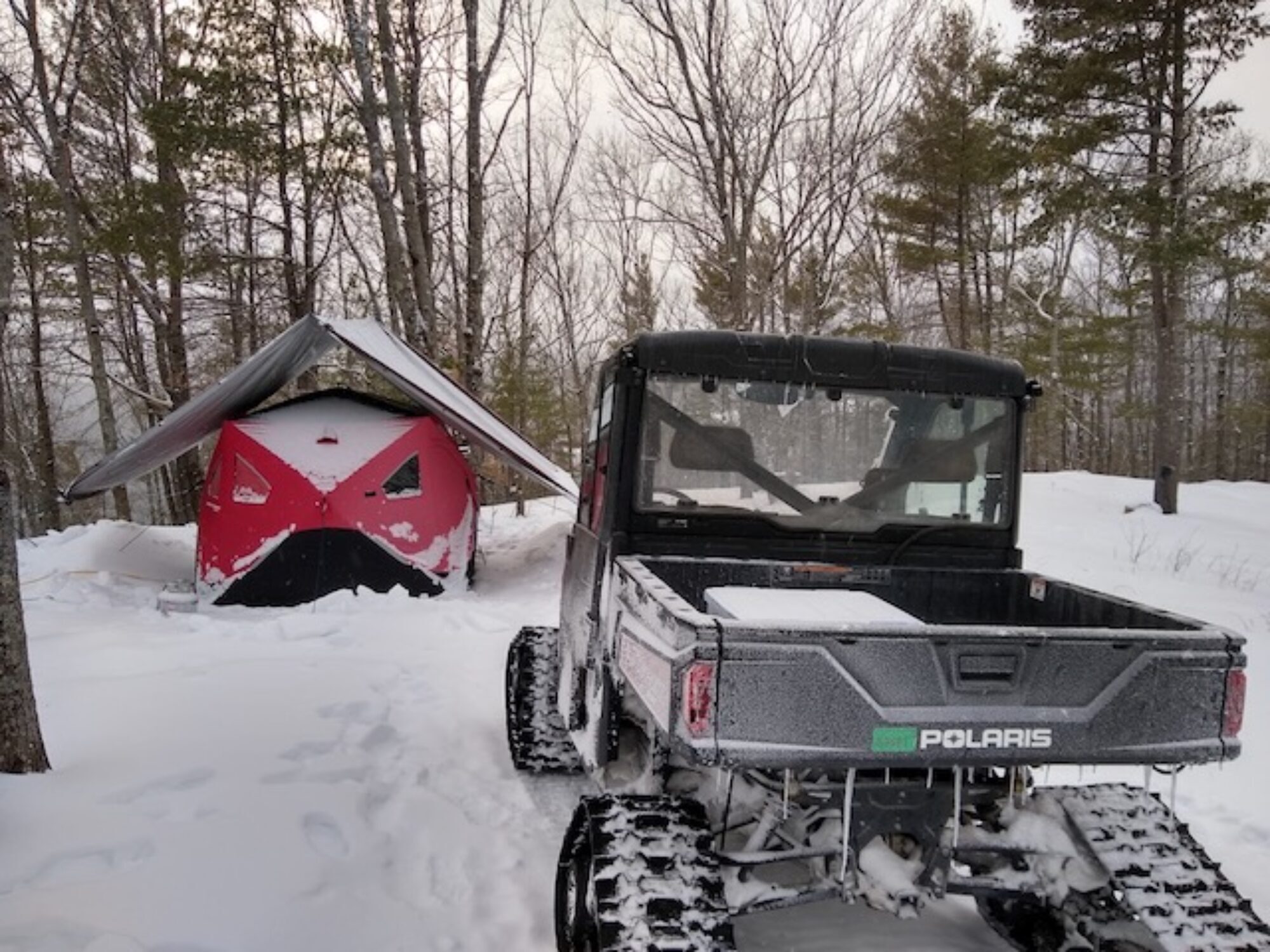Digital Signal Processing, theory and composition
Spring 2014
teacher: Tom Zicarelli – http://tomzicarelli.com
You can reach me at: [email protected]
Office hours: Wednesday 2:30-3:30 PM, at the EPD office #401 at 161 Mass Ave. Please email or call ahead.
Assignments and class notes will be posted to this blog: https://reactivemusic.net before or after the class. Search for: ep-4yy13 to find the notes
Examples, software, links, and references demonstrated in class are available for you to use. If there is something missing from the notes, please ask about it. This is your textbook.
Syllabus:
The focus will be on composition – and sparking your imagination. Composition plus science fiction. After you take the course, you will have composed several new pieces. You might design a musical instrument. You will have opportunities to solve problems. You will become familiar with how artists use DSP to compose music and to build musical instruments. You will be exposed to to a world of possibilities – which you may embrace or reject.
In particular we will compose, by improvising, using tools that transform signals and movement. For example, generative music.
We will explore a range of topics in DSP, and have opportunities to use them in projects. Most applications of DSP involve one or more of the following actions using signals:
- analysis
- measurement
- transformation
For example, statistics is a form of analysis.
Topics: (subject to change)
- Future music tools
- Improvisation
- Signals: the time domain – granular synthesis
- Signals: the frequency domain – convolution
- Problem solving, prototyping, portfolios
- How to get ideas
- Sensors
- Demodulation and reversibility
- Artists
- Voices
- Music from data – sonification, Internet API’s
- Statistics
- Radio waves and ultrasound
- Visualization
Grading:
Grades will be based on compositions, several small assignments, and class participation. Please see Dr. B’s EP-4yy13 syllabus for details. I encourage and will give credit for: collaboration with other students, outside projects, performances, independent projects, and anything else that will encourage your growth and success.
Assignment:
Go to the future. Make music. Bring it back to the present.
It should be a very short piece or an excerpt. Less than two minutes. It can be a remix of a song that you believe represents a future direction in music. Near future or distant future – your choice. Use any tools to create the music. The result: an audio file (mp3) or a link to audio or video on the Internet, or a live performance in class
Due: in 2 weeks.
